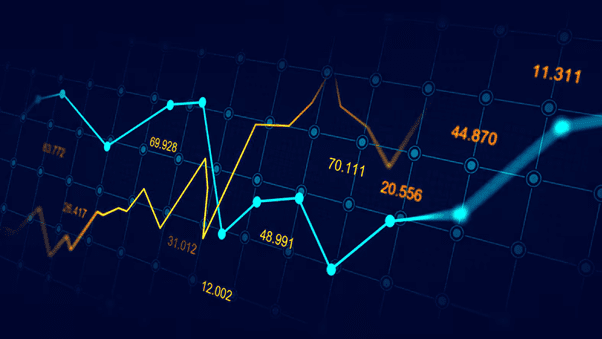Forex Trading vs. Stock Trading: A Comparative Study
Investing in the financial markets can be a lucrative endeavor, but it requires knowledge of where to put one’s money. Forex trading and stock trading are two of the most popular investment avenues. While both markets offer great potential for financial gain, they operate under different dynamics and principles. Understanding these differences can help investors make more informed decisions.
What is Forex Trading?
Forex, or foreign exchange, involves trading currencies against one another in pairs, such as the EUR/USD or GBP/USD. This market is known for its high liquidity and operates 24 hours a day during weekdays, providing constant opportunities for trading. Forex markets react quickly to geopolitical and economic news, influencing currency rates almost immediately.
What is Stock Trading?
Stock trading involves buying and selling shares of companies. Unlike forex, stock trading is typically conducted on regulated exchanges such as the New York Stock Exchange (NYSE) or NASDAQ. Stocks are influenced by a wide range of factors, from the overall economic landscape to company-specific news such as earnings reports and regulatory changes. Additionally, stock prices can be affected by industry trends, market sentiment, and technological innovations within specific sectors. For instance, a breakthrough in renewable energy technology might boost stocks in related industries. Similarly, geopolitical events or changes in government policies can have a profound impact on the market, affecting everything from energy prices to international trade relations. This makes stock trading complex but also provides opportunities for those who have a deep understanding of market drivers and can anticipate shifts in economic conditions. Investors in the stock market must therefore not only keep abreast of global events but also develop a nuanced understanding of the industries and companies in which they invest.
Volume and Market Size
One of the most significant differences between forex and stock trading is the size of the market. The forex market is the largest in the world, with trillions of dollars traded daily. This massive volume offers unique advantages, such as high liquidity; however, it also means that individual trades are less likely to impact market prices significantly.
Conversely, the stock market handles a smaller volume compared to forex. While still substantial, the volume allows traders to potentially benefit from larger percentage moves within individual stocks, which might be driven by company-specific news or market sentiments.
Trading Hours and Flexibility
Forex trading is conducted on the MT4 platform, among others, which allows traders to execute trades around the clock from Sunday evening until Friday night. This around-the-clock operation suits traders who prefer to trade at any hour, accommodating various trading strategies such as day trading or swing trading.
On the other hand, stock trading hours are generally limited to the standard business hours of the country in which the exchange is located, restricting trading to these hours only. This can be a limitation for those looking to trade in real-time based on news that could affect stock prices outside of these hours.
Leverage and Investment Capital
Forex trading is typically characterized by a high level of leverage, which means traders can control large positions with relatively small amounts of capital. This can magnify both gains and losses, making it a high-risk, high-reward environment. In contrast, stock trading generally involves lower leverage, which means it requires more capital to hold significant positions. This can limit the potential for large gains from small initial investments but also moderates the risk. Additionally, the lower leverage in stock trading helps mitigate the severity of potential financial setbacks, providing a cushion against market volatility. This characteristic makes stock trading a preferable option for those who prefer a more conservative investment strategy. Moreover, the regulatory framework surrounding stock markets often includes protections such as insurance programs and stricter financial controls, which further secure investor capital. This environment can be particularly attractive to investors who value stability and are more risk-averse, allowing them to invest with greater peace of mind.
Why South African Homeowners Are Opting for Complex and Estate Living
Interestingly, trends in global living arrangements can also reflect preferences in investment styles. Just as many South African homeowners are opting for complex and estate living for greater security and community living, many traders choose stock trading over forex because it offers a more structured environment with regulatory safeguards.
Conclusion
Both forex and stock trading offer pathways to financial success, each with its own set of challenges and opportunities. Forex trading provides a high-octane environment with potential for significant profits through the use of leverage and continuous trading hours on platforms like MT4. Stock trading, while more contained in terms of hours and leverage, provides opportunities through the growth and profitability of companies and is seen as somewhat less risky.
Investors must consider their financial goals, risk tolerance, and the amount of time they can dedicate to monitoring their investments when choosing between forex and stock trading. Understanding these differences helps in crafting a tailored investment strategy that aligns with one’s financial aspirations and lifestyle preferences.
